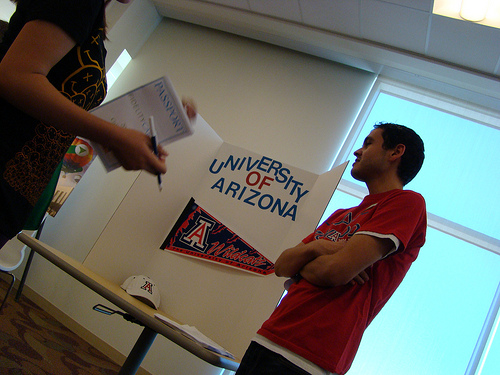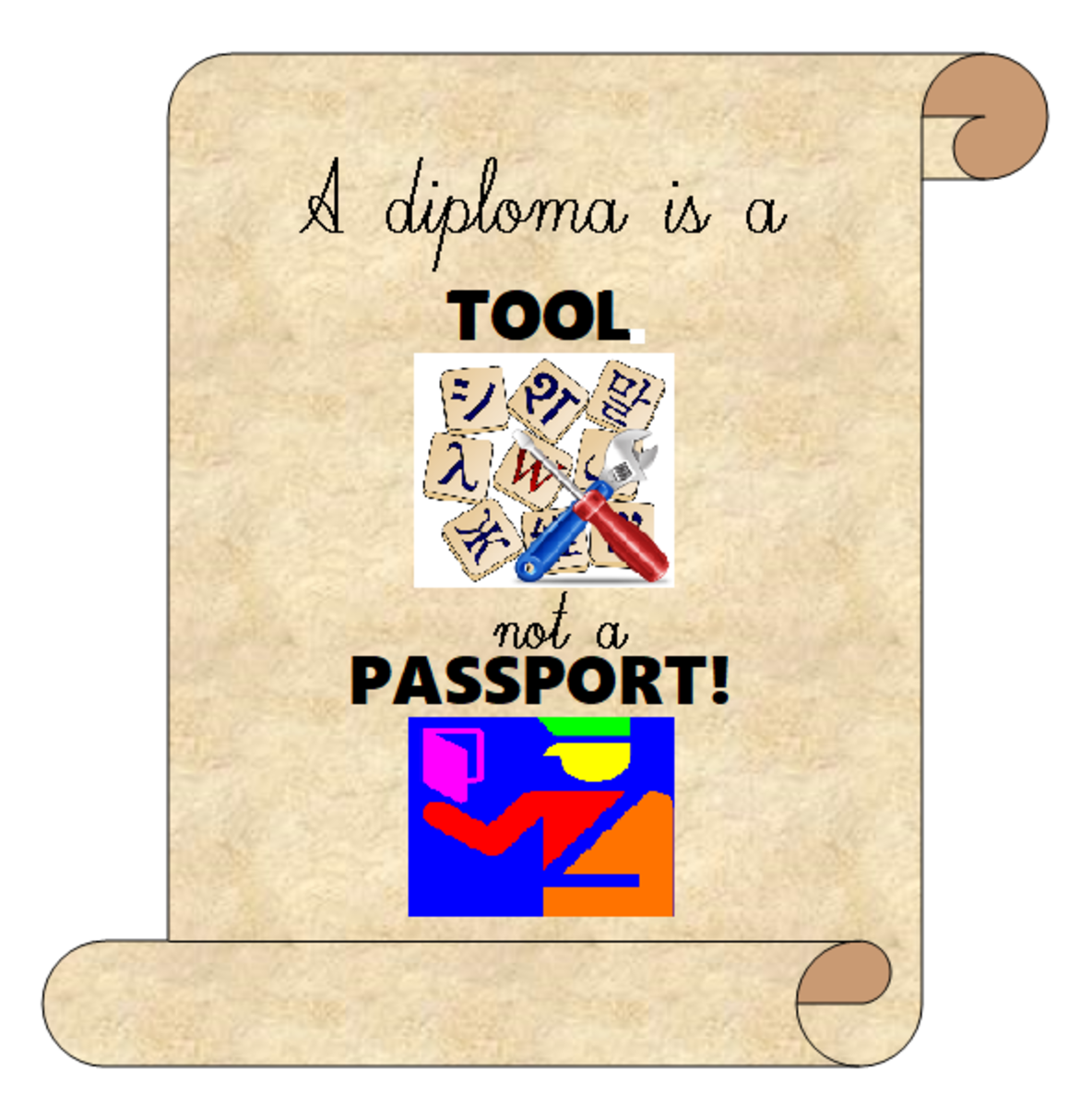College Prep 101: 5 Tips for Attending a College Fair (for Students)

There are many benefits to attending college fairs. They are a great opportunity for students to obtain more information on colleges and universities, both local and foreign, as well as financial scholarships that are available. You can ask questions directly to college recruiters, and get the information that you need. However, going to a college fair calls for a little preparation. Here are some tips for how to make the most of the time you spend at one of these events.
1) Share your contact information
Give your contact information such as your name, mailing address, email address, telephone number, and even your Facebook account name. Colleges can then keep in contact with you, and alert you about upcoming deadlines, events and even new scholarships available.
Also, be sure to get contact information from the recruiter so that if you think of any more questions after the fair, you can reach them easily. Most recruiters give out business cards with their name, school, department, email and phone. Be sure to keep these in a special folder or place, so that you can find them if one specific card is needed.

2) Prepare some questions
When you’re at a college fair, dozens of questions are bound to pop into your head. To help keep yourself organized, write down all the questions that come to mind on a piece of paper, and carry it with you to the fair. This way, you’ll be able to get the information you need about the different universities and colleges, and you’ll be able to compare information afterwards. Plus, recruiters would be impressed with your organizational skills!
Here are some examples of questions you can ask:
What subjects do you offer at your school?
What scholarships are available for me?
How large is your student population?
What is the climate like in your school’s area? (ask this if the university is not in your immediate area)
What activities and clubs do you have at your school?
3) Collect brochures and info sheets
I can guarantee you, when you leave a college fair, you will have dozens of pieces of paper! College recruiters love to give out brochures and papers that have information and pictures of their schools. You can bring a folder to keep these in as you walk around, or some recruiters even give out folders or tote bags to carry them!
Recruiters often give out ‘fact sheets’ – papers that have brief information about their school (including year it was founded, subjects and programs available, location and fees, amongst other things) There are also the typical ‘glossy’ brochures that feature photographs of the campus and the students, and have a few pages of information. These are very useful when you’re comparing schools afterwards to see which one is the best fit for you.

4) Give some information about YOU
When you meet with a college recruiter, there is some basic information that you need to give about yourself. Obviously you need to tell them what subject you are interested in studying, so that the recruiter can say whether or not their university offers it.
Are you good at sports? Do you have a high GPA? Did you score a high mark on the SAT or ACT exams? Having information like this is vital when you’re going to a college fair. If you tell the college recruiter some of your interests and talents, they would be able to tell you about some of the extracurricular activities and student organizations available on their campus.
It is a good idea to create a little list of your achievements – think of it as a little, brief curriculum vitae.
Giving this information is also a great way of finding out what scholarships you might be eligible for. There are all sorts of scholarships available to students based on their accomplishments – ranging from academic to sports and athletics to participating in community activities.
5) Do your homework!
Most college fairs publish a list of the colleges, universities and institutes that are attending a few weeks before the event (The list can be found often online or in the newspapers) With this list, you can find out which schools will have recruiters at the fair, and you can begin to do some research. Look at the schools that offer the subjects that you want to pursue, then begin to look for information on each individual school, such as admission procedures and fees. If you see some information about the school that you are not sure about, or you do not understand, make a note of it.
When you get to the fair, you can speak to the recruiter about what you found in your research. This is the perfect opportunity to ask about the things you were not sure of, and get direct answers. Also, the recruiter would be impressed that you did your homework on their school, and would be more enticed to help you find scholarships and apply. Plus, sometimes you get little ‘rewards’ for knowing your stuff – things such as tote bags, notebooks, pens and even USB flash drives!
Best of luck on your college hunting!








